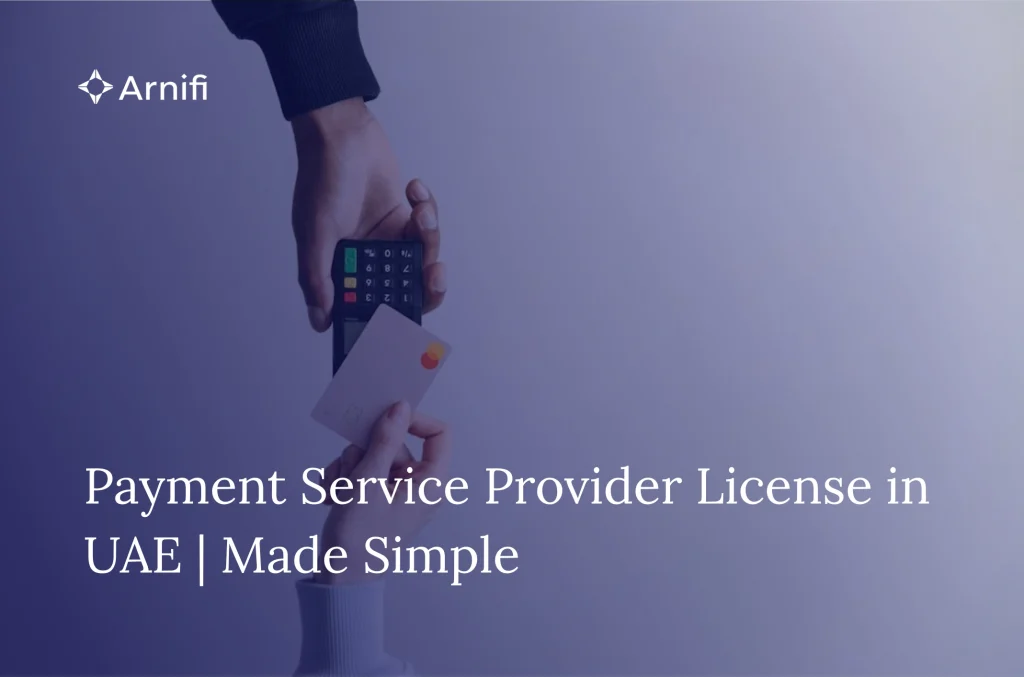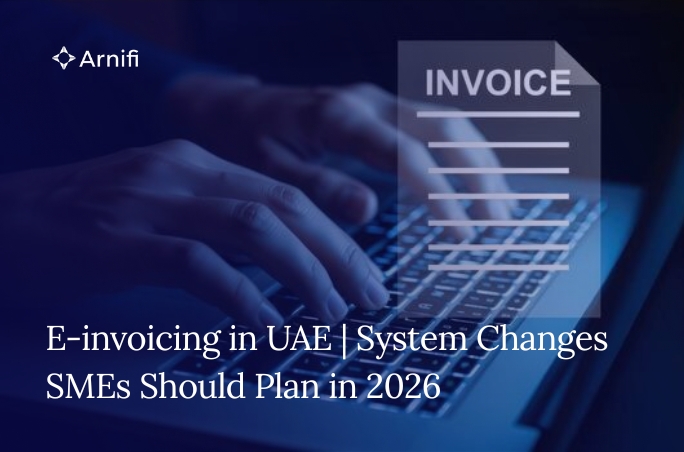Payment Service Provider License UAE| Requirements, Costs & Application Steps
by
Rifa S Laskar
Nov 15, 2025  7 MIN READ
7 MIN READ

If you’re planning to set up a payment business in the UAE, you need to understand what a payment service provider is and how to get a payment service provider license in UAE. Here, the thing is that a payment service provider enables digital payments for merchants, platforms or fintechs, and if you want to operate in the UAE, you’ll need to follow the UAE payment service provider regulations under the Central Bank of the UAE (CBUAE) and possibly free-zone regulators. This article breaks it down so you can see what you’ll need, how to apply, and what the cost looks like.
Table of contents
1. Introduction
If you’re thinking of launching as a payment service provider, you must know the steps and licence requirements from the start. Here, we’ll walk you through what a payment service provider is, why it’s increasingly important, the types of services, the global regulatory context & the peripheries around it, like how to get a payment service provider license in UAE, what the PSP license UAE requirements are & how you can prepare. At the end, I’ll show you approximate costs and how support from a specialist like us at Arnifi can help.
2. What is a Payment Service Provider?
A payment service provider (PSP) is essentially an entity that enables payments to be made, received, cleared or processed. It’s often for e-commerce merchants, fintechs, digital platforms or other businesses that need payment infrastructure. A PSP might offer a payment gateway on a website, a merchant acquiring service at a point of sale, a digital wallet, or fund transfers between parties. The role is to bridge the payer and the payee to ensure the payment is routed securely, and it often complies with the KYC (know-your-customer), AML (anti-money-laundering) and data security obligations.
PSPs serve different users. For example:
- E-commerce merchants who need to accept card or digital payments
- Fintech platforms that have embedded payment services into their product
- The digital platforms and marketplaces which need a payment infrastructure behind the scenes
Basically, if you’re planning to run a business that touches payments for merchants or consumers, you should think carefully about whether you’re acting as a payment service provider and whether you need a licence.
3. Why PSPs Matter?
Here’s why payment service providers are especially relevant right now. The digital payments boom in the GCC means new opportunities will come, like mobile wallets, contactless payments, cross-border flows, e-commerce growth and new consumer habits. The UAE, in particular, is positioning itself as a fintech hub. More businesses want efficient payments, faster settlements, modern gateways and alternative payment methods, and this gives PSPs a big chance. Also, regulators are tightening rules globally because payments carry risk (fraud, money laundering, cyber-threats), so being properly licensed gives trust and market access.
4. Types of Payment Service Providers
Payment service provider is a broad term that covers multiple service models. Some examples:
- Payment gateways handle online checkouts and connect merchant websites directly to payment networks for smooth and secure transactions
- Merchant acquirers process card payments for merchants and take responsibility for clearing, settlement & transaction authorisation
- Payment processors manage backend systems for routing, settlements & connections between banks, card schemes & payment networks
- Digital wallets or stored-value facilities hold customer funds, issue payment instruments & enable fast peer-to-peer or merchant transfers
- Aggregators and account-based services initiate payments or provide account information access to trusted third-party service providers.
- Each type requires specific licenses depending on the business model, services offered & regulatory classification in the UAE.
Each type may require a different license or fall under different regulatory categories.
5. Global Regulatory Landscape
Worldwide, the role of payment service providers comes with regulatory oversight. Authorities require PSPs to meet standards on security, fraud prevention, KYC/AML compliance, data protection and financial stability. For instance, in the UAE the regulatory framework for PSPs is set out under the UAE payment service provider regulations (for example, via the RPSCS Regulation) and overseen by the Central Bank of the UAE. Getting licensed is not just confined to paperwork, but it’s a mark of credibility, essential to work with banks, card schemes, merchants and other corporate partners.
6. UAE Market Opportunity
The market is primed for payment services in the UAE & it has high internet penetration, also increasing e-commerce adoption, mobile payment growth and government backing for fintech innovation. The government has set out initiatives to boost digital payments, attract investment and make the UAE a regional payments hub. For a payment service provider, the UAE offers access to a wealthy consumer base, a large merchant network, cross-border flows and supportive infrastructure. And because regulatory clarity is evolving so it is a good moment now to plan your entry.
7. PSP License in the UAE
Why do you need a licence?
If you are acting as a payment service provider that is clearing funds, issuing payment instruments, transferring funds, initiating payments etc, then you will almost certainly need a payment service provider license in UAE. And operating without any appropriate authorisation can lead to regulatory sanctions, reputational damage and inability to integrate with banks or payment networks.
Who regulates
- On the mainland UAE- the Central Bank of the UAE (CBUAE) regulates PSPs.
- In the free zones / financial centres- for example, in the Dubai Financial Services Authority (DFSA) within the Dubai International Financial Centre (DIFC) or the Financial Services Regulatory Authority (FSRA) in the Abu Dhabi Global Market (ADGM).
Choosing the jurisdiction (mainland vs free zone/financial centre) impacts your licence route.
Key requirements
Here are some typical requirements for a PSP licence UAE:
- Must be a UAE-registered legal entity, either on the mainland or in a licensed free zone.
- Maintain required paid-up capital, ranging from AED 100,000 to AED 2 million, depending on licence category.
- Show reliable infrastructure for payment processing, IT security, risk management, and strong fraud prevention systems.
- Ensure strict AML and CTF compliance, which includes proper customer due diligence and verification (KYC) procedures.
- Maintain robust governance, regular audits, transparent reporting, and continuous compliance with Central Bank regulations.
Here is a simplified process to apply for the PSP licence in UAE:
Steps to obtain a PSP licence UAE:
- Choose jurisdiction (mainland or free zone/financial centre).
- Determine the business model and which payment services you will provide.
- Prepare required documents: business plan, corporate documents, compliance policies (AML/KYC), and IT infrastructure plan.
- Meet minimum capital and infrastructure requirements.
- Submit application to regulator (e.g., CBUAE) along with application fee.
- Regulator reviews: fit-and-proper checks, operational readiness, capital adequacy, compliance frameworks.
- Obtain your licence and comply with ongoing obligations such as audits, reporting, and compliance updates.
According to sources, the process may take a few months, depending on how clean your submission is.
8. FAQs
Do I need a payment service provider licence if I only handle payment links?
Yes, most likely handling payment links usually counts as a regulated payment service.
Can a foreign company apply for a PSP licence in the UAE?
Yes, but you’ll need a UAE legal entity; 100% foreign ownership is often allowed.
How long does it take to get a PSP licence in the UAE?
Typically 3–6 months, depending on your business model and application completeness.
What if I operate as a payment service provider without a licence?
You risk fines, sanctions, and loss of banking or card scheme access.
9. Conclusion
If you’re serious about launching a payment service provider in the UAE, the first step is recognising that a valid licence is essential. The market opportunity is strong, but so are the regulatory expectations. You’ll need to define your business model, select the right jurisdiction, meet capital and compliance requirements, apply for the licence and maintain ongoing controls under the Central Bank UAE PSP framework (or the respective free-zone regulator). At Arnifi we provide end-to-end support, be it from choosing the best setup and jurisdiction, through preparing your business plan and compliance frameworks, to submission and post-licence ongoing support. Reach out to us and we’ll help you get started.
Top UAE Packages

Related Articles
Top UAE Packages



